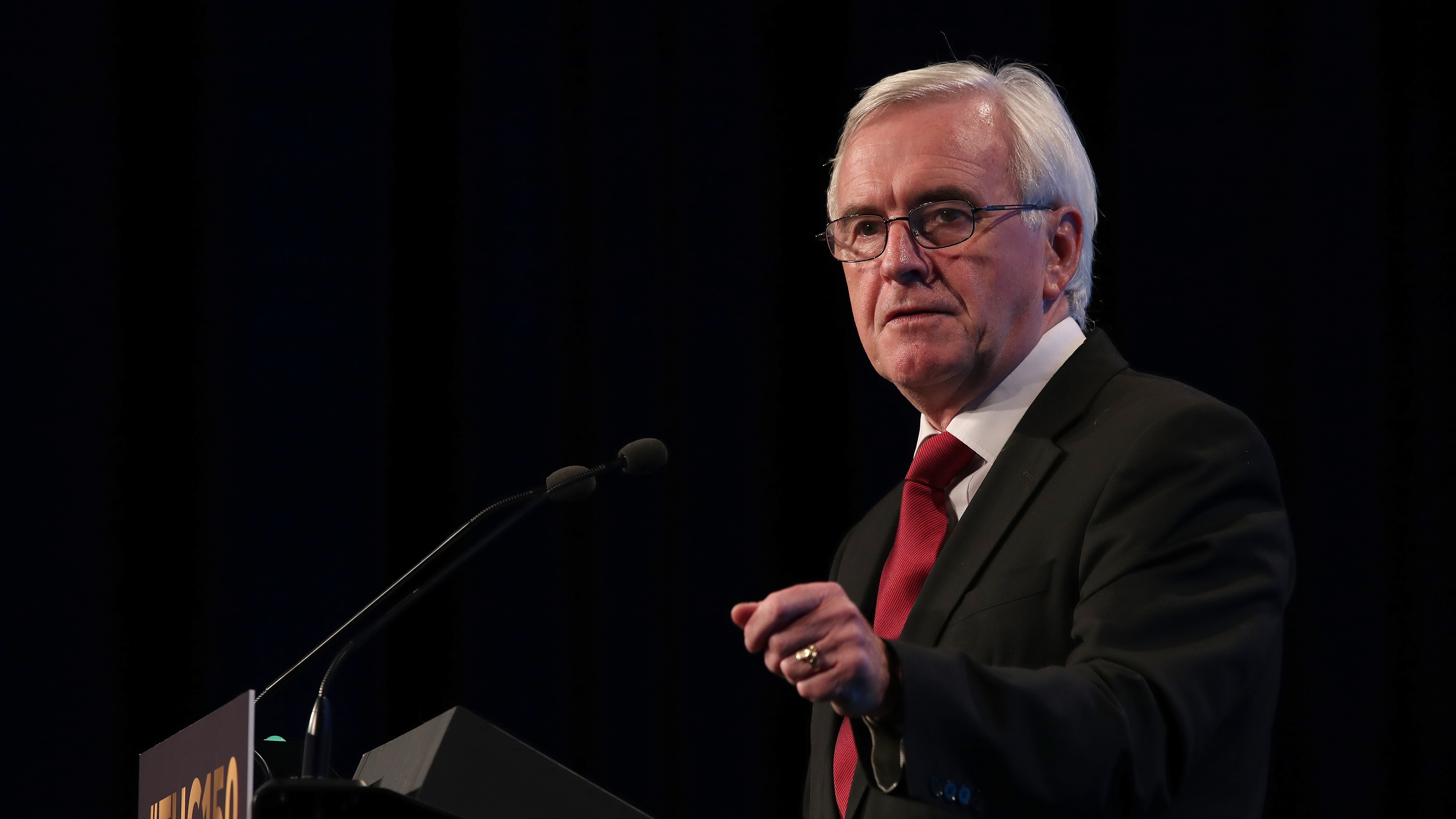Do we all work too much? Is there anything we can do to work less? Labour’s new policy commitment of a 32 hour week has the potential to reach right into the heart of working-class communities across the country.
This policy is undoubtedly an honourable one, with John McDonnell arguing ‘We should work to live, not live to work’ at the Labour conference last week when putting forward Labour’s radical agenda.
On average, the full-time working week is 42.5 hours in the UK, which is higher than the EU average of 41.2. The average hours worked per week by British full-time workers has barely fallen over three decades, which arguably indicates that a significant decrease of the average hours worked is long overdue.
Labour, unlike France with their 35-hour working week, do not intend to make the 32-hour week a legal requirement for businesses across the UK. Instead, an independent working time commission would be established in order to recommend increases in holiday entitlement if the reduction in working hours is not being met; the strengthening of trade unions and collective bargaining would allow workers to bargain with their employers in order to work shorter hours.
Yet this position still has much uncertainty surrounding it. The CBI’s director general Carolyn Fairbairn, for instance, has highlighted the need for productivity to increase on a massive scale in order to avoid pushing ‘many businesses into loss’. This is made more difficult by the fact that the average output per worker has seen a very small increase over the last decade in the UK, leaving the question of just how a Labour government would stimulate the necessary increase in labour productivity in order to cut hours without harming both the public and private sector.
Indeed, Labour must achieve more than what any government in the last 60 years has been able to do in regard to cutting hours and improving wages, highlighting the monumental task on their hands.
Furthermore, there are also concerns that the rising wages that must come with less hours will lead to less jobs and an increase in the overall rate of unemployment. The BBC’s economics editor Faisal Islam also raised concerns:
“There could also be a significant effect on labour-intensive public services, such as social care and the NHS”, where working more than 32 hours a week will be essential for maintaining the quality of public services.
The current unpredictability of the UK economy is also problematic for Labour in attempting to implement their agenda. Should the next general election take place during another extension period of Article 50, Labour will be faced with calling a second referendum and either remaining in the EU or leaving with a ‘softer’ Brexit than their Conservative counterparts. Such uncertainty would undoubtedly continue to hamper growth economic growth and potentially distract Labour from their more long-term agenda.
Yet a general election could also be called after the Conservative government take the UK out of the EU with a disastrous no-deal Brexit, leaving Labour with the responsibility of rebuilding the UKs economy from a worse state than it was in after the global financial crisis of 2008.
Such factors will undoubtedly hinder Labour in their attempts to implement such a radical and ambitious agenda, and, combined with the unpredictability of the 32-hour working week policy commitment itself, it appears as though this policy would be best placed in the dustbin of history.
Image Credit: BT

